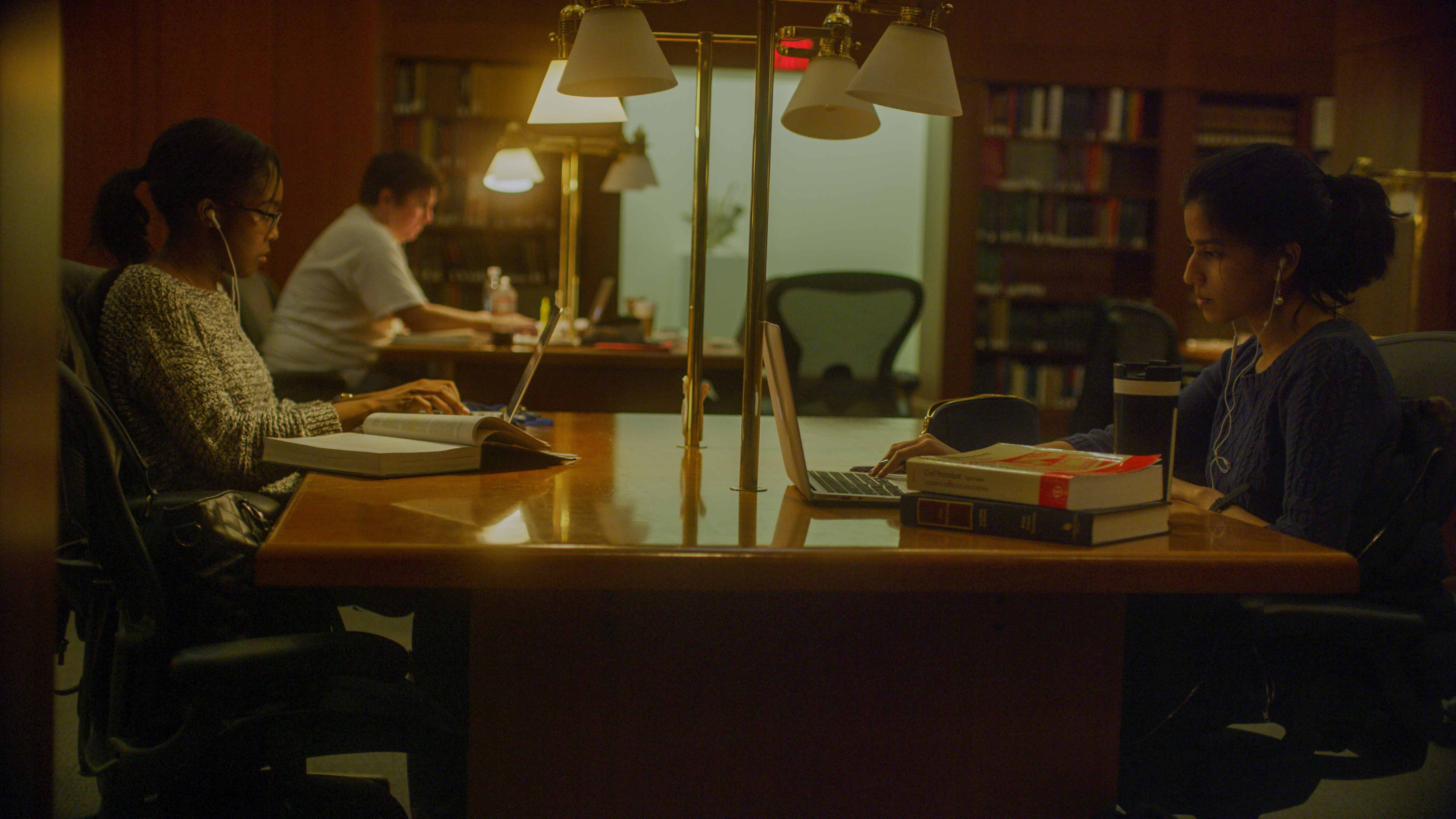Michael Gilbert’s Reflective Statement for the All-University Teaching Award Nomination

Michael Gilbert is one of three Karsh Bicentennial Professors.
Read more about their story here >
Michael Gilbert’s Reflective Statement for the All-University Teaching Award Nomination

I am humbled by this nomination for an All-University Teaching Award. But I also feel a little sheepish. I do not have a complete philosophy of teaching, nor a teaching role model whom I can single out. During my years on both sides of the podium, I have not developed a pedagogy. I have just paid attention to what worked, and I have tucked it away. Instead of a grand theory of teaching, I have enthusiasm and a checklist.
First, I try to be kind. As a student, I saw the "Paper Chase" model of law teaching—stern, formal, aloof—up close, and it rarely worked. I learned much more from professors with whom I felt comfortable. So, I strive to be open and collegial, to welcome every student into the fold, and to make myself approachable, both in class and outside of it. I teach a big course on charged topics (voting rights and campaign finance). When diverse students in the room have a peaceful discussion, it feels like a victory.

I learned much more from professors with whom I felt comfortable. So, I strive to be open and collegial, to welcome every student into the fold, and to make myself approachable, both in class and outside of it.
- Michael Gilbert
Second, I strive to be respectful. I learn every student’s name, I answer every one of their questions (often in the hallway), and I respond to every email. I always prepare for class, both by refreshing my memory of the material and reconsidering the clearest way to present it. The presentation is especially important to me. As a law student, I often had a nagging feeling that some topics were not, in fact, all that complicated, they were just poorly explained. It turns out I was right. I aim to cut through the noise and present clearly, all without dumbing down. I do not always succeed, but I try.
Third, I am rigorous. Yes, I want the students to be comfortable and relaxed. But I also want to sharpen their legal minds into razors. I ask challenging questions. If something seems obvious, I show them why it’s not. The Supreme Court has repeatedly stated that it cannot rule on partisan gerrymandering because the issue is too complex. Most students find this absurd, but I think the Court might be right. It really is complex, and there is no magic bullet. I work to show them why.
Here’s one last commitment: I strive to be interesting. Law can seem so dry. But if you scratch a little, profound questions always lurk. The case of the poor farmer and his lawn mower isn’t about Wisconsin’s statute on debt—it’s about poverty, markets, and when words in law change meaning over time. The case about the boater who trespassed in a storm isn’t about property—it’s about when people can get along themselves, and when the state must intervene. And the case about voter ID laws isn’t just about homelessness and drivers’ licenses (though that’s all important). It’s about every voting law, from Alabama to Afghanistan, that aims to secure elections but paradoxically, might skew their results. I always appreciated and remembered best the material that connected to the wider world. I try to make those connections in my classroom.
At a recent graduation, a student who had taken my law and economics course four semesters prior, and whom I had hardly spoken to since, came up to me. He told me that he thought about my class—in other classes, at home, in the grocery store—almost every day. That felt like a victory.

